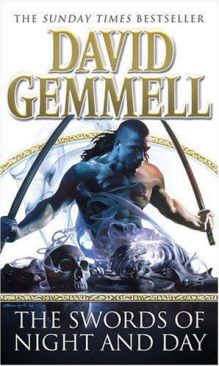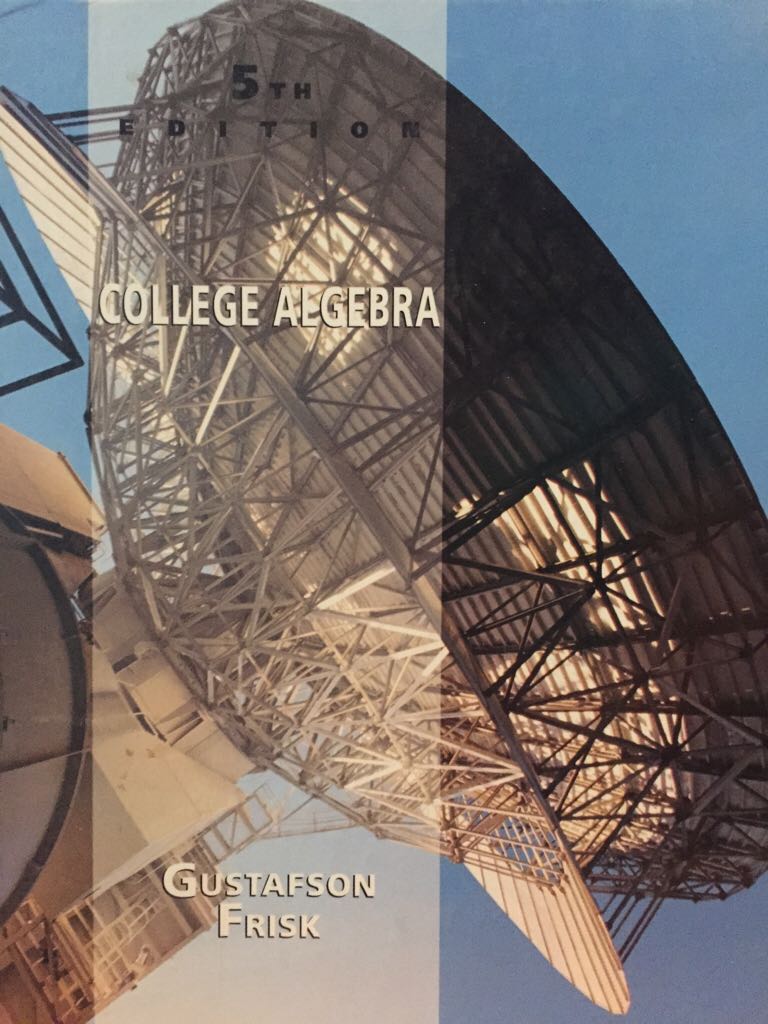![Romeo And Juliet - William Shakespeare book collectible [Barcode 9781417663989] - Main Image 1](https://www.icollecteverything.com/images/book/main/347/3474570_1.jpg)
Title:
Romeo And Juliet
Genre:
Drama
Plays
Romance
Theater
Show More
Series:
The New Penguin
Narrative:
Alternating Person
Type of Book:
Fiction
Number of Chapters:
24
Synopsis:
(Finished writing in 1597)
Title page of the first edition
Romeo and Juliet is a tragedy written early in the career of playwright William Shakespeare about two young star-crossed lovers whose deaths ultimately unite their feuding families. It is among Shakespeare’s most popular archetypal stories of young, teenage lovers.
Romeo and Juliet belongs to a tradition of tragic romances stretching back to antiquity. Its plot is based on an Italian tale, translated into verse as The Tragical History of Romeus and Juliet by Arthur Brooke in 1562 and retold in prose in Palace of Pleasure by William Painter in 1582. Shakespeare borrowed heavily from both but, to expand the plot, developed supporting characters, particularly Mercutio and Paris. Believed written between 1591 and 1595, the play was first published in a quarto version in 1597. This text was of poor quality, and later editions corrected it, bringing it more in line with Shakespeare’s original.
Shakespeare’s use of dramatic structure, especially effects such as switching between comedy and tragedy to heighten tension, his expansion of minor characters, and his use of sub-plots to embellish the story, has been praised as an early sign of his dramatic skill. The play ascribes different poetic forms to different characters, sometimes changing the form as the character develops. Romeo, for example, grows more adept at the sonnet over the course of the play.
Romeo and Juliet has been adapted numerous times for stage, film, musical and opera. During the Restoration, it was revived and heavily revised by William Davenant. David Garrick’s 18th-century version also modified several scenes, removing material then considered indecent, and Georg Benda’s operatic adaptation omitted much of the action and added a happy ending. Performances in the 19th century, including Charlotte Cushman’s, restored the original text, and focused on greater realism. John Gielgud’s 1935 version kept very close to Shakespeare’s text, and used Elizabethan costumes and staging to enhance the drama. In the 20th century the play has been adapted in versions as diverse as MGM’s comparatively faithful 1936 film, the 1950s stage musical West Side Story, and 1996’s MTV-inspired Romeo + Juliet.
ShowCharacters
HideSynopsis
Wikisource has original text related to this article:
The Tragedy of Romeo and Juliet
The play, set in Verona, begins with a street brawl between Montague and Capulet supporters who are sworn enemies. The Prince of Verona intervenes and declares that further breach of the peace will be punishable by death. Later, Count Paris talks to Capulet about marrying his daughter, but Capulet is wary of the request because Juliet is only thirteen. Capulet asks Paris to wait another two years and invites him to attend a planned Capulet ball. Lady Capulet and Juliet’s nurse try to persuade Juliet to accept Paris’s courtship.
Meanwhile, Benvolio talks with his cousin Romeo, Montague’s son, about Romeo’s recent depression. Benvolio discovers that it stems from unrequited infatuation for a girl named Rosaline, one of Capulet’s nieces. Persuaded by Benvolio and Mercutio, Romeo attends the ball at the Capulet house in hopes of meeting Rosaline. However, Romeo instead meets and falls in love with Juliet. After the ball, in what is now called the "balcony scene”, Romeo sneaks into the Capulet orchard and overhears Juliet at her window vowing her love to him in spite of her family’s hatred of the Montagues. Romeo makes himself known to her and they agree to be married. With the help of Friar Laurence, who hopes to reconcile the two families through their children’s union, they are secretly married the next day.
L’ultimo bacio dato a Giulietta da Romeo by Francesco Hayez. Oil on canvas, 1823.
Juliet’s cousin Tybalt, incensed that Romeo had sneaked into the Capulet ball, challenges him to a duel. Romeo, now considering Tybalt his kinsman, refuses to fight. Mercutio is offended by Tybalt’s insolence, as well as Romeo’s "vile submission,"[1] and accepts the duel on Romeo’s behalf. Mercutio is fatally wounded when Romeo attempts to break up the fight. Grief-stricken and wracked with guilt, Romeo confronts and slays Tybalt.
Montague argues that Romeo has justly executed Tybalt for the murder of Mercutio. The Prince, now having lost a kinsman in the warring families’ feud, exiles Romeo from Verona and declares that if Romeo returns, "that hour is his last."[2] Romeo secretly spends the night in Juliet’s chamber, where they consummate their marriage. Capulet, misinterpreting Juliet’s grief, agrees to marry her to Count Paris and threatens to disown her when she refuses to become Paris’s "joyful bride."[3] When she then pleads for the marriage to be delayed, her mother rejects her.
Juliet visits Friar Laurence for help, and he offers her a drug that will put her into a death-like coma for "two and forty hours."[4] The Friar promises to send a messenger to inform Romeo of the plan, so that he can rejoin her when she awakens. On the night before the wedding, she takes the drug and, when discovered apparently dead, she is laid in the family crypt.
The messenger, however, does not reach Romeo and, instead, Romeo learns of Juliet’s apparent death from his servant Balthasar. Heartbroken, Romeo buys poison from an apothecary and goes to the Capulet crypt. He encounters Paris who has come to mourn Juliet privately. Believing Romeo to be a vandal, Paris confronts him and, in the ensuing battle, Romeo kills Paris. Still believing Juliet to be dead, he drinks the poison. Juliet then awakens and, finding Romeo dead, stabs herself with his dagger. The feuding families and the Prince meet at the tomb to find all three dead. Friar Laurence recounts the story of the two "star-cross’d lovers”. The families are reconciled by their children’s deaths and agree to end their violent feud. The play ends with the Prince’s elegy for the lovers: "For never was a story of more woe / Than this of Juliet and her Romeo.”
Title page of the first edition
Romeo and Juliet is a tragedy written early in the career of playwright William Shakespeare about two young star-crossed lovers whose deaths ultimately unite their feuding families. It is among Shakespeare’s most popular archetypal stories of young, teenage lovers.
Romeo and Juliet belongs to a tradition of tragic romances stretching back to antiquity. Its plot is based on an Italian tale, translated into verse as The Tragical History of Romeus and Juliet by Arthur Brooke in 1562 and retold in prose in Palace of Pleasure by William Painter in 1582. Shakespeare borrowed heavily from both but, to expand the plot, developed supporting characters, particularly Mercutio and Paris. Believed written between 1591 and 1595, the play was first published in a quarto version in 1597. This text was of poor quality, and later editions corrected it, bringing it more in line with Shakespeare’s original.
Shakespeare’s use of dramatic structure, especially effects such as switching between comedy and tragedy to heighten tension, his expansion of minor characters, and his use of sub-plots to embellish the story, has been praised as an early sign of his dramatic skill. The play ascribes different poetic forms to different characters, sometimes changing the form as the character develops. Romeo, for example, grows more adept at the sonnet over the course of the play.
Romeo and Juliet has been adapted numerous times for stage, film, musical and opera. During the Restoration, it was revived and heavily revised by William Davenant. David Garrick’s 18th-century version also modified several scenes, removing material then considered indecent, and Georg Benda’s operatic adaptation omitted much of the action and added a happy ending. Performances in the 19th century, including Charlotte Cushman’s, restored the original text, and focused on greater realism. John Gielgud’s 1935 version kept very close to Shakespeare’s text, and used Elizabethan costumes and staging to enhance the drama. In the 20th century the play has been adapted in versions as diverse as MGM’s comparatively faithful 1936 film, the 1950s stage musical West Side Story, and 1996’s MTV-inspired Romeo + Juliet.
ShowCharacters
HideSynopsis
Wikisource has original text related to this article:
The Tragedy of Romeo and Juliet
The play, set in Verona, begins with a street brawl between Montague and Capulet supporters who are sworn enemies. The Prince of Verona intervenes and declares that further breach of the peace will be punishable by death. Later, Count Paris talks to Capulet about marrying his daughter, but Capulet is wary of the request because Juliet is only thirteen. Capulet asks Paris to wait another two years and invites him to attend a planned Capulet ball. Lady Capulet and Juliet’s nurse try to persuade Juliet to accept Paris’s courtship.
Meanwhile, Benvolio talks with his cousin Romeo, Montague’s son, about Romeo’s recent depression. Benvolio discovers that it stems from unrequited infatuation for a girl named Rosaline, one of Capulet’s nieces. Persuaded by Benvolio and Mercutio, Romeo attends the ball at the Capulet house in hopes of meeting Rosaline. However, Romeo instead meets and falls in love with Juliet. After the ball, in what is now called the "balcony scene”, Romeo sneaks into the Capulet orchard and overhears Juliet at her window vowing her love to him in spite of her family’s hatred of the Montagues. Romeo makes himself known to her and they agree to be married. With the help of Friar Laurence, who hopes to reconcile the two families through their children’s union, they are secretly married the next day.
L’ultimo bacio dato a Giulietta da Romeo by Francesco Hayez. Oil on canvas, 1823.
Juliet’s cousin Tybalt, incensed that Romeo had sneaked into the Capulet ball, challenges him to a duel. Romeo, now considering Tybalt his kinsman, refuses to fight. Mercutio is offended by Tybalt’s insolence, as well as Romeo’s "vile submission,"[1] and accepts the duel on Romeo’s behalf. Mercutio is fatally wounded when Romeo attempts to break up the fight. Grief-stricken and wracked with guilt, Romeo confronts and slays Tybalt.
Montague argues that Romeo has justly executed Tybalt for the murder of Mercutio. The Prince, now having lost a kinsman in the warring families’ feud, exiles Romeo from Verona and declares that if Romeo returns, "that hour is his last."[2] Romeo secretly spends the night in Juliet’s chamber, where they consummate their marriage. Capulet, misinterpreting Juliet’s grief, agrees to marry her to Count Paris and threatens to disown her when she refuses to become Paris’s "joyful bride."[3] When she then pleads for the marriage to be delayed, her mother rejects her.
Juliet visits Friar Laurence for help, and he offers her a drug that will put her into a death-like coma for "two and forty hours."[4] The Friar promises to send a messenger to inform Romeo of the plan, so that he can rejoin her when she awakens. On the night before the wedding, she takes the drug and, when discovered apparently dead, she is laid in the family crypt.
The messenger, however, does not reach Romeo and, instead, Romeo learns of Juliet’s apparent death from his servant Balthasar. Heartbroken, Romeo buys poison from an apothecary and goes to the Capulet crypt. He encounters Paris who has come to mourn Juliet privately. Believing Romeo to be a vandal, Paris confronts him and, in the ensuing battle, Romeo kills Paris. Still believing Juliet to be dead, he drinks the poison. Juliet then awakens and, finding Romeo dead, stabs herself with his dagger. The feuding families and the Prince meet at the tomb to find all three dead. Friar Laurence recounts the story of the two "star-cross’d lovers”. The families are reconciled by their children’s deaths and agree to end their violent feud. The play ends with the Prince’s elegy for the lovers: "For never was a story of more woe / Than this of Juliet and her Romeo.”
Author:
William Shakespeare
Show More
Barcode:
9781417663989
Date Added:
2018-06-26 15:37:01




